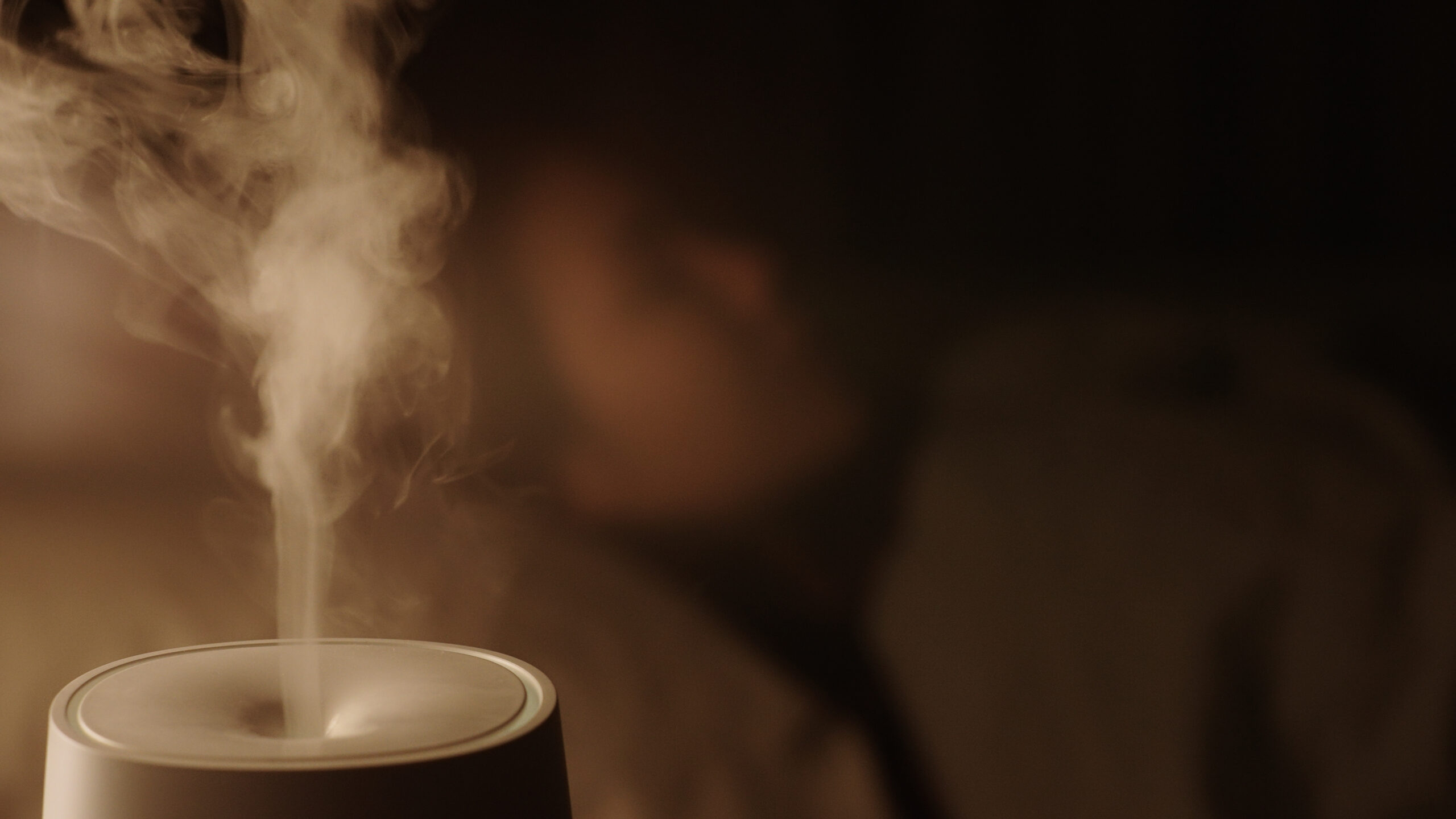If you haven’t yet succumbed to one of the many colds and viruses doing the rounds this season, then (sorry to say it) it’s probably only a matter of time.
Common Symptoms: Nasal Congestion, Snoring, and Sinus Pressure
One of the many symptoms of the dreaded cold is nasal congestion, snoring and sinus pressure. Whether exacerbated by a cold, flu, or allergies, to name a few, the symptoms can get to you and begin to affect sleep quality.
What’s actually causing that stuffed-up feeling? When you’ve got a blocked nose, cold or allergies, the membranes lining your nasal passages become inflamed and irritated. They begin to make more mucus to flush out whatever is causing the irritation- such as an allergen.
Some people are also more prone to nasal congestion, snoring and sinus pressure. If you suffer from a deviated nasal septum (where the wall between your nostrils has been shifted sideways by an injury) or have experienced changes in air pressure, e.g., during an airplane flight or scuba diving, blocked sinuses can be more common and frequent.
A blocked nose can keep you up at night and affect sleep, but it doesn’t have to.
How Can I Treat a Blocked Nose and Sinuses at Home?
-
Use a humidifier or take a hot shower
A humidifier can be a quick and easy way to reduce sinus pain and clear a blocked nose and sinus. Steam from a shower may help to reduce out the mucus in your nose and reduce inflammation. Taking a hot shower can help your breathing return to normal, at least for a little while.
-
Use a saline spray
While it might seem counter intuitive, your nose needs to be hydrated when it’s blocked. Using a saltwater solution spray can increase the moisture in your nostrils.
-
Drain your sinuses
It’s not glamorous, but you can clean out your clogged nostrils with a Neti pot. A neti pot is a container designed to flush mucus and fluids out of your nasal passages, available from your local pharmacy. Just make sure you use sterile water.
-
Take medications
A blocked and congested nose can make sleeping uncomfortable, but some other over-the-counter medications may bring quick relief.
Make sure to speak with a pharmacist when choosing a decongestant, antihistamine, or allergy medication. Call your doctor if your blocked nose doesn’t improve after taking medication for more than 3 days, or if you have a fever as well.
If your symptoms have been persistent and you don’t get relief from your medicine, nasal rinses, or other treatments, tell your doctor. In some cases, surgery may be an option if your sinusitis is due to a deviated septum, polyps, or other structural problems.
At Auckland Sleep, we are a collective of experts who specialise in eight different domains of sleep health. Our team of eight different specialities under one roof provides an unparalleled multi-faceted approach, which helps you achieve better sleep health, simply.
Get in touch with our friendly team at our sleep clinic Auckland to find out how they can help you achieve better sleep health.


